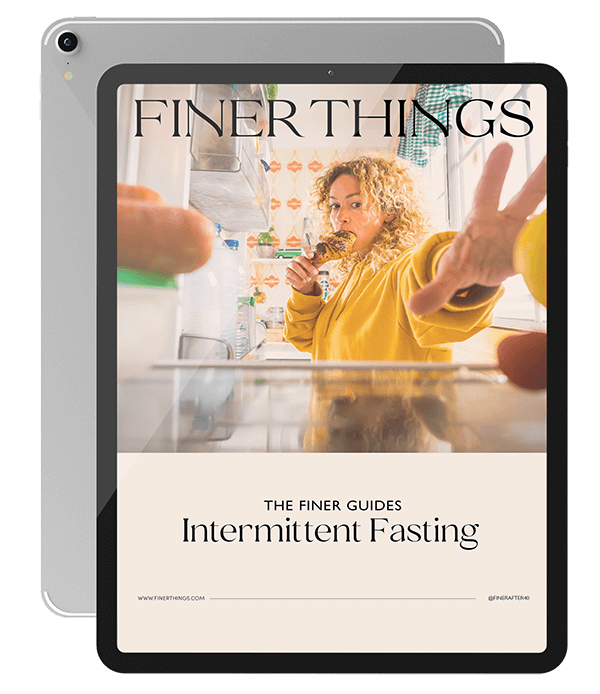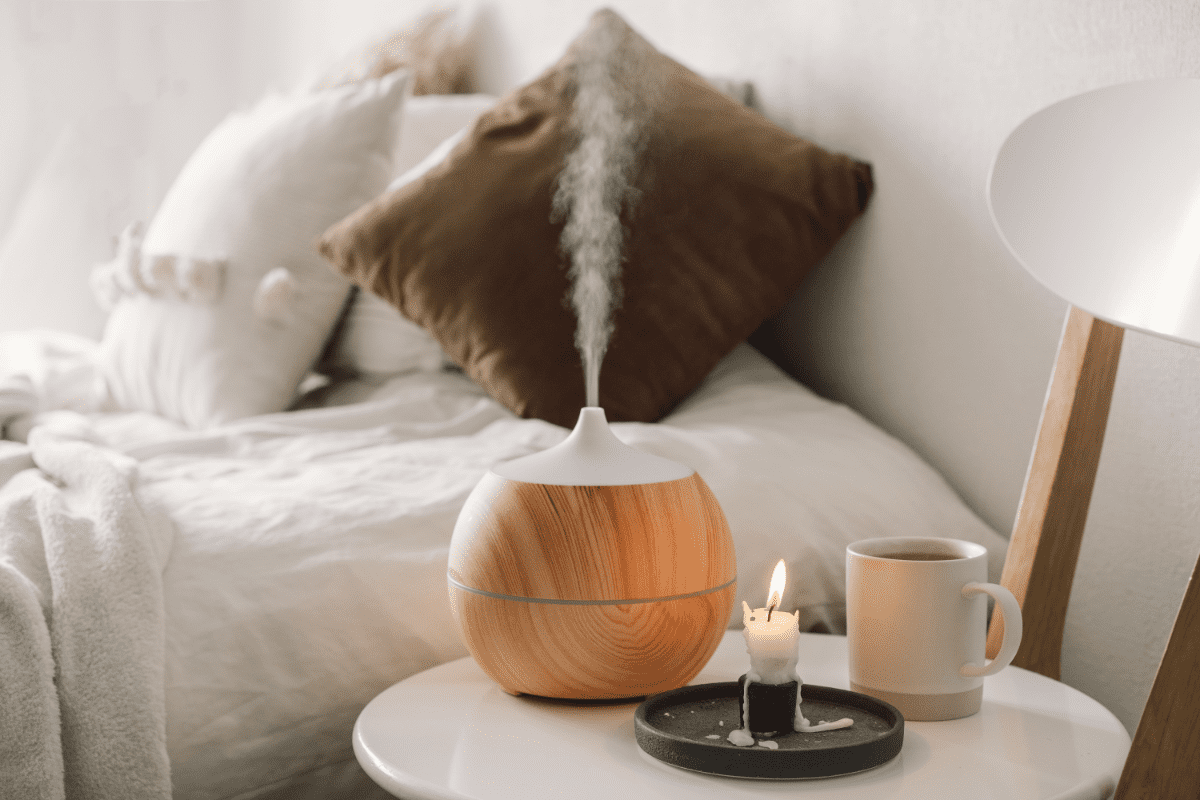Tips for Managing Holiday Stress

By Franki Hanke
The holidays can be absolutely magical, but oftentimes they’re not.
For many people, December quickly becomes a stressful sprint toward New Year’s with too many tasks to handle. This year, employ these tips to manage holiday stress before you go grinch!
Assess Yourself
Before starting an action plan for handling stress, look inward. If you’re prone to anxiety or have Generalized Anxiety Disorder, this can be helpful in understanding your anxiety’s roots.
What do you usually do for self-care?
Consider what in your usual routine helps you feel your best. These tasks often go unnoticed but can fall to the wayside when we’re short on time. These may include:
→ Exercise
→ Meditation or Other Relaxation Rituals
→ Diet
→ Sleep Schedule
→ Stress Level
When we’re practicing all our usual self-care tasks, we’re decreasing our vulnerability to mental health decline. That’s why these are called vulnerability factors. When one of these aspects is impacted, we’re at a higher chance for anxiety.
If it’s more than holiday activities stressing you out, you might be experiencing the “winter blues” or seasonal affective disorder. We’ve shared some strategies for that too in our article Combating Seasonal Affective Disorder Over the Holidays. Never hesitate to connect with a mental health professional for professional help. Mental illness is as serious as any health condition. Psychiatry is helpful and shame-free, always.
The American Psychological Association has a locator for finding a therapist near you or you can refer to your health insurance website to find someone in plan. Many insurance plans cover mental health services.
What about the holidays is different from normal?
Once you’ve identified what’s in your normal self-care routine, try to pinpoint where major changes are. There are a few common contenders.
→ Increased Spending (on Gifts, Outings, and Travel)
→ Increased Illness (Due to Seasonality and Increased Exposure)
→ More Frequent Social Activities
Identify what parts of the holiday season are most likely responsible for the stress. It may be a combination of everything. If it is mostly one aspect or another though, that’s the one to focus on fixing.
Tips for Managing Holiday Stress
Now that you’ve reflected on your usual routine and core stressors, implement these tips accordingly.

Protect Your Routine
This time of the year switches around our daily life to some degree, but don’t let holiday activities take over all of your self-care activities. Maintain time to care for the items you brainstormed above.
What if it’s not possible to maintain my habits?
If you need to find more time, scale your habits to a smaller degree rather than ignoring them completely. For example, if you usually meditate for thirty minutes every morning, rather than skipping that entirely, dedicate at least ten minutes to deep breathing instead.
Get The Finer Life
Our Sunday email has tips and content you will love – exclusively for our subscribers.
"*" indicates required fields
By maintaining some of your usual routines, you’ll better prepare yourself to handle seasonal anxiety.
Sometimes, you may need to improve your routine.
Holiday anxiety coincides with an uptick in winter-time seasonal depression and flu season. You might need to actually devote more time to your self-care than previously for mental and physical health.
→ If you’re in a location that gets less light in December, remember to prioritize that Vitamin D with time outside in the sun.
→ Support your immune system with a seasonal flu shot and a COVID vaccine or booster shot, depending on your shot schedule during the pandemic. Especially if you’re attending family gatherings, don’t spread disease; it’s a bad present.
→ Seek out more endorphins to combat stress with an extra workout or just some guilt-free fun like a dance party. Don’t overthink it.
While it’s easy to focus on holiday party prep and gift shopping, don’t overlook your own well-being. Spending time on yourself will make all the holiday activities more enjoyable.

Create a Budget
Holiday spending is often a major stressor. In America, the average shopper spends about $1,455 during the holiday season. This year, with inflated pricing, that average cost is expected to go half as far as in previous years.
So, before you start gifting, consider how much you have to spend realistically. Create solutions that honor your budget and your traditions.
Consider batch-gifting something to everyone on your list, whether it’s homemade or store-bought to say time and/or money.
→ Bake large batches of cookies and gift everyone a handmade assortment.
→ Purchase several of your favorite items from the year and gift everyone a curation of your top five.
→ Make a large batch of cocktail syrup and pair with a fitting bottle of liquor or mixer.
Remember, you don’t have to spend a lot to make memories. More importantly, don’t let anyone bully you into spending money. You can opt-out of any exchanges or activities.
Set Boundaries with Family Members
Our loved ones are great sources of joy, but sometimes… they’re great sources of stress, too. This year, implement healthy, clear boundaries to ensure your family isn’t a source of stress.
Learn about creating boundaries in How to Say No Over the Holidays.
Lower Your Expectations
I know, it sounds like a bummer, but by demanding the holidays be pure magic from December first to the ball drop, you’re creating an intense pressure that can be anxiety-producing. Those unrealistic expectations can sour everything.
Try to re-frame things more positively. Focus on what you’re doing and not what you’re missing. Prioritize the activities that are most important or joyful. You can’t do everything, so don’t try to.
And for heaven’s sake, don’t compare your holidays to the perfection captured for social media. Remember that real life is a lot different from off-screen.
Ultimately, we want the holidays to be full of merriment, not an unending to-do list. By doing less, you just might make space for more fun.
The above content may contain affiliate links. When you click and shop, we receive a small commission to support our writers.

Want a Free Guide?
You will receive our free 19-page guide and access to our exclusive content, private invitations, and tips you’ll love.
"*" indicates required fields
Facebook Group




